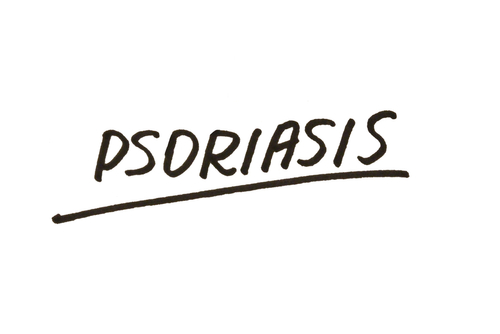
A study recently published in Annals of the Rheumatic Diseases found that ixekizumab may be superior to adalimumab in biologic-naïve psoriatic arthritis (PsA) patients with an inadequate response to conventional synthetic disease-modifying antirheumatic drugs (csDMARDs).
“Some evidence suggests that combination therapy with csDMARDs such as methotrexate may inhibit development of antidrug antibodies to [biologic] DMARDs, and some studies observed better treatment persistence with combination therapy. Concomitant methotrexate has been associated with greater serum concentration of adalimumab (ADA) versus patients receiving ADA monotherapy,” the researchers wrote. Therefore, the study authors compared ixekizumab, “a high-affinity monoclonal antibody that selectively targets IL-17A,” to tumor necrosis factor α inhibitor adalimumab.
The trial was an open-label, head-to-head, blinded assessor clinical trial. Patients with active PsA were randomized 1:1 to receive ixekizumab or adalimumab. The primary outcome was 24-week simultaneous achievement of a ≥ 50% improvement from baseline in the American College of Rheumatology criteria (ACR50) and a 100% improvement from baseline in the Psoriasis Area and Severity Index (PASI100). Secondary outcomes included 24-week outcomes regarding ixekizumab non-inferiority to adalimumab for ACR50 achievement and ixekizumab superiority to PASI10 responses. Other 24-week PsA, skin, treat-to-target, and quality of life outcome measures were also assessed.
“The primary efficacy endpoint was met (IXE: 36%, ADA: 28%; p=0.036),” the study authors reported. ACR50 response was slightly better in the ixekizumab group than adalimumab (51% vs. 47%; treatment difference, 3.9%); the improvement in PASI100 response was more significant (60% vs. 47%, respectively; P = 0.001). Additional analyses of PsA, skin, nail, treat-to-target, and quality of life outcomes were also in favor of ixekizumab. The adalimumab group had a higher rate of serious adverse events than the ixekizumab cohort (8.5% vs. 3.5%).
“Treatment choices for PsA in clinical practice are made between medications that have shown efficacy and sufficient safety in clinical trials. Because comparative clinical trials are rare in PsA, indirect comparisons are often made using meta-analyses. However, head-to-head trials where active agents are compared, rather than an active agent and placebo, offer the highest level of evidence,” the authors wrote of their research.
The researchers concluded that ixekizumab was superior in comparison to adalimumab over a 24-week period.







 © 2025 Mashup Media, LLC, a Formedics Property. All Rights Reserved.
© 2025 Mashup Media, LLC, a Formedics Property. All Rights Reserved.